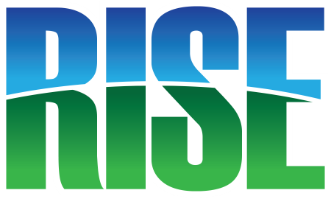- What is a pesticide?
 “Pesticide” can refer to any substance or mixture of substances used to control, prevent or repel any pest, including weeds, insects, rodents, fungus, and more. Herbicides, insecticides, fungicides, and rodenticides are all well-known pesticides.
“Pesticide” can refer to any substance or mixture of substances used to control, prevent or repel any pest, including weeds, insects, rodents, fungus, and more. Herbicides, insecticides, fungicides, and rodenticides are all well-known pesticides.
These include common household products used to control ants, mice, and roaches, and products frequently used in the garden or lawn to control or repel ragweed, poison ivy, and other weeds, as well as stinging and biting pests like wasps, ticks, and mosquitoes.
- Why do we use pesticides?
Insects, rodents, and weeds can threaten the health and well-being of our families and communities. Pesticides help protect us from diseases carried by insects (like West Nile virus and Lyme disease), illnesses caused by contact with rodent droppings, urine, or dander, or caused by poison ivy or oak and ragweed. The 2016 Zika virus public health emergency offers another example of the benefit effective pest control offers. Pesticides also protect personal and public property from destructive pests, like grubs.
- Who regulates pesticides and their use? How much testing is done before they are available to the public?
Pesticides are rigorously tested for their potential human health and environmental impact before they can be registered and sold for use. The pesticides available for you to use in your home have been determined by the Environmental Protection Agency to have a reasonable certainty of no harm to human health. Product registration by the EPA can take up to 10 years and involves up to 120 different tests and studies that can take years to complete. More details about the EPA’s testing process are available on the agency website.

